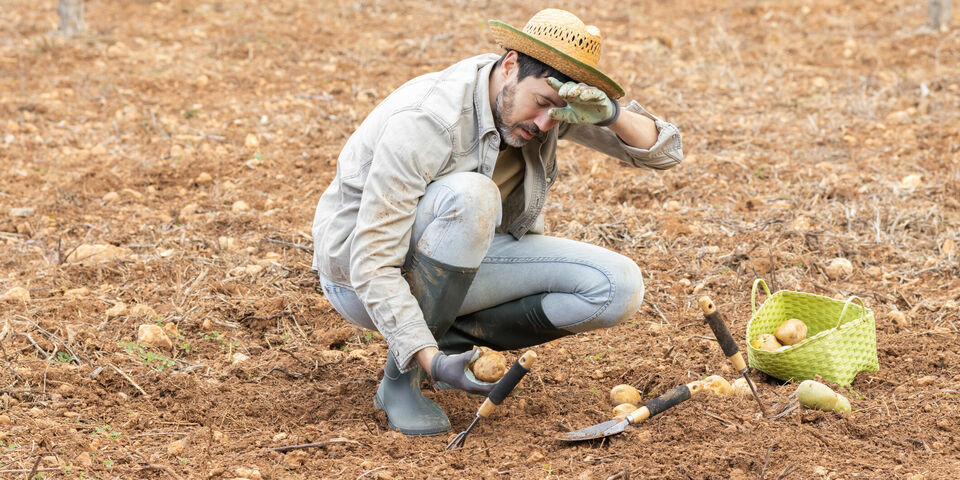The effects of climate change are already apparent, the KNAW writes in a new report. “More people are dying of heat stress, severe drought is causing widespread hunger, and certain infectious diseases are spreading to areas where they were previously not present.”
So there are good reasons for carrying out research. The new interdisciplinary discipline of planetary health was conceived in 2015 and has grown rapidly since then. Last week, the KNAW hosted a symposium about it.
Behaviour
The KNAW hopes that more scientific understanding will enable better policy to be developed. And maybe policymakers, companies, government bodies and citizens will alter their behaviour if they are aware of the health risks of global environmental changes.
But money is needed for it. Millions are already available from the Dutch Research Council (NWO) and the Netherlands Organisation for Health Research and Development (ZonMW). Some of the money goes to specific programmes such as ‘microplastics and health’. Researchers can also take part in the ‘open competition’, which offers them the chance of acquiring funding if they submit a good proposal.
The KNAW wants more of those targeted grants. For instance, a special budget for sustainability issues in healthcare is needed because that sector is far from being climate neutral. The issues include high greenhouse gas emissions and waste production.
The research will lead to painful questions as well. The researchers wonder, for example, how you should weigh up the individual interests of patients against the impact of their treatment on the climate.
Worldwide
The KNAW advises the Dutch universities and university medical centres to set up a joint research network on planetary health in the Netherlands. It should also collaborate with similar networks in other countries.


Discussion